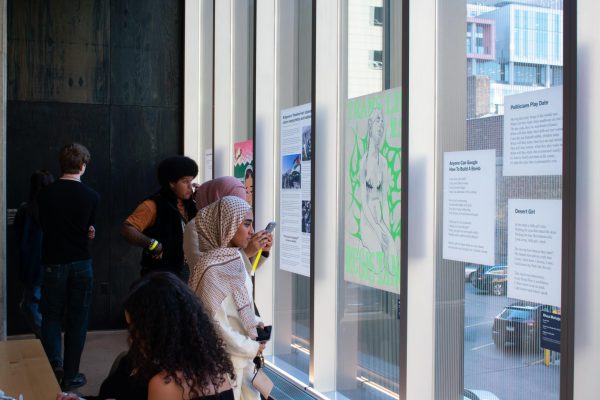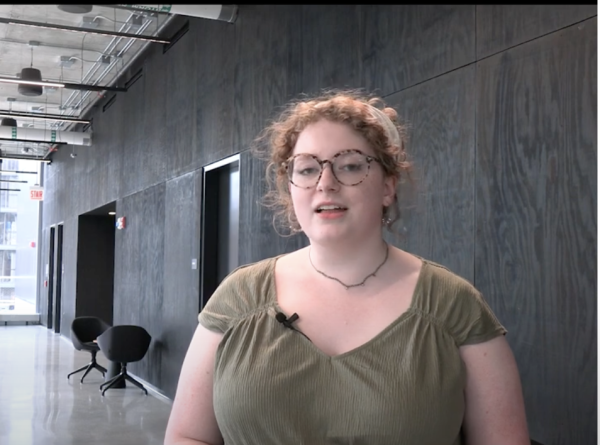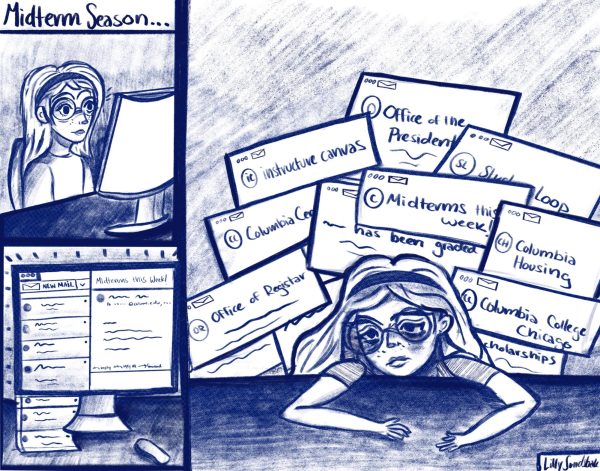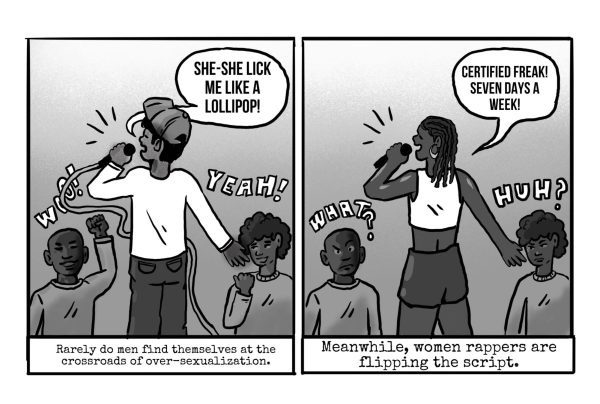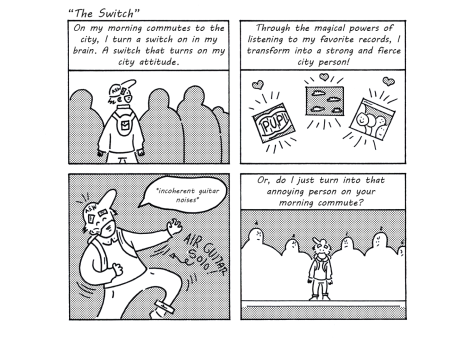HIV testing gets needed expansion
September 2, 2008
Despite efforts throughout the past several years, Columbia has never been able to provide a successful and continuous HIV testing program. The school has offered mobile testing in the way of a Hummer, as well as sporadic testing throughout the academic year.
In light of student demands and in an effort to provide the same level of medical care as competing colleges, Columbia is increasing efforts to provide an up-to-date HIV testing program.
Columbia will launch a new program on Sept. 3 that will offer free HIV testing every month throughout the entire school year. The program will take place the first Wednesday of every month at the 1104 Center, 1104 S. Wabash Ave., 8th floor.
Columbia has offered free HIV testing in the past, but this is the first year the college has created a centralized location and schedule for such testing. Mark O’Brien, coordinator of Student Health and Relations, said the decision to expand and organize the college’s HIV testing program came in response to last year’s student interest.
In a statement released on July 9, O’Brien said more than 300 students attended free HIV testing at Columbia last year.
An August 2008 report issued by the Center for Disease Control and Prevention showed that an estimated 34 percent of all new HIV infections occurred in young people between the ages of 13 and 29. The same report stated that the HIV epidemic is, and has been, worse than previously projected. Although this is certainly a step in the right direction in working to combat this epidemic, the HIV testing process is scary and students want to be assured this program meets their needs.
Basic information about the new HIV testing program can be found on Columbia’s website. However, students need to see more widely disbursed information as well as more details about what they can expect if they choose to take advantage of the new program.
Along with more readily available information and details, students are also hoping the services surrounding this program have also improved from last year. Rapid-result testing and proper counseling services are imperative to the success of the program.
According to the CDC, one out of four HIV-positive Americans is unaware of their infection. This is a clear example of why increased testing opportunities and rapid-result tests are crucial for students. Rapid-result testing produces accurate results in approximately 20 minutes and is as simple as a quick finger poke.
Although great strides have been made to overcome the taboo surrounding HIV/AIDS, we are still not fully there. Testing can be an overwhelming experience and the most important key to the success of Columbia’s new testing program is proper counseling.
Students need to be given more than just a list of statistics—they need to have proper counseling services available to them about what to expect from the test. In order for this program to succeed, students must walk in with the feeling that if they do test positive, the school has provided the very best counseling and advocate services available and that those services will kick in immediately.
The new HIV testing program is an excellent addition to the college’s current wellness program; however, in order to ensure the very best result, the college must take as much care in the details, planning and execution of this program as they do in being a cutting-edge media arts college. This is one area where the ball can absolutely not be dropped.




